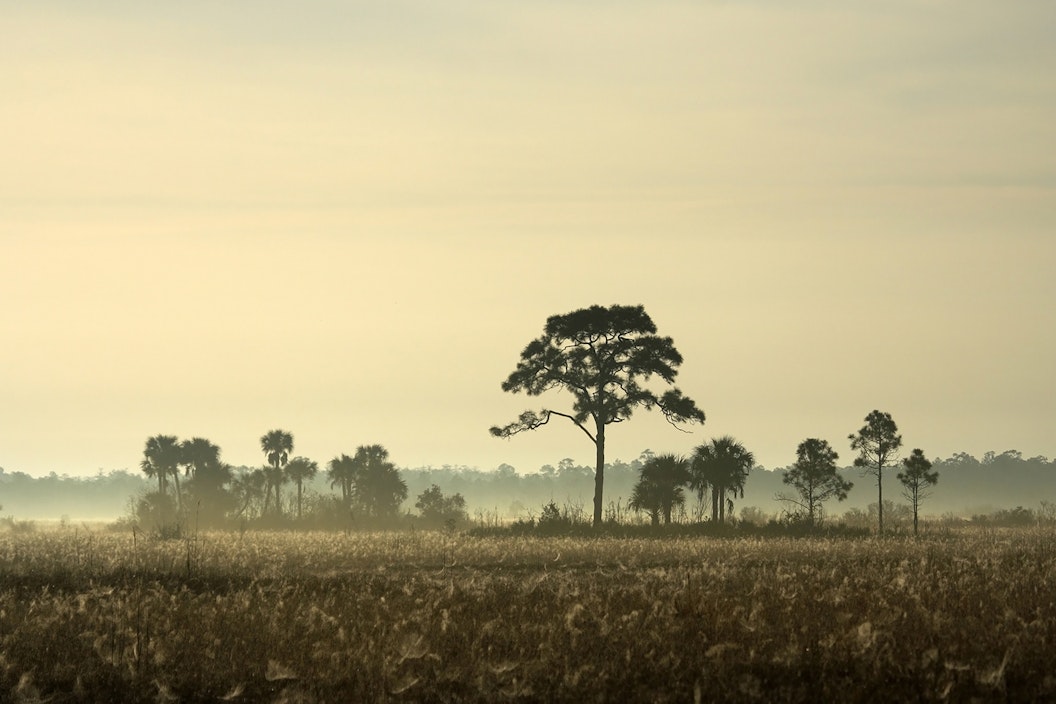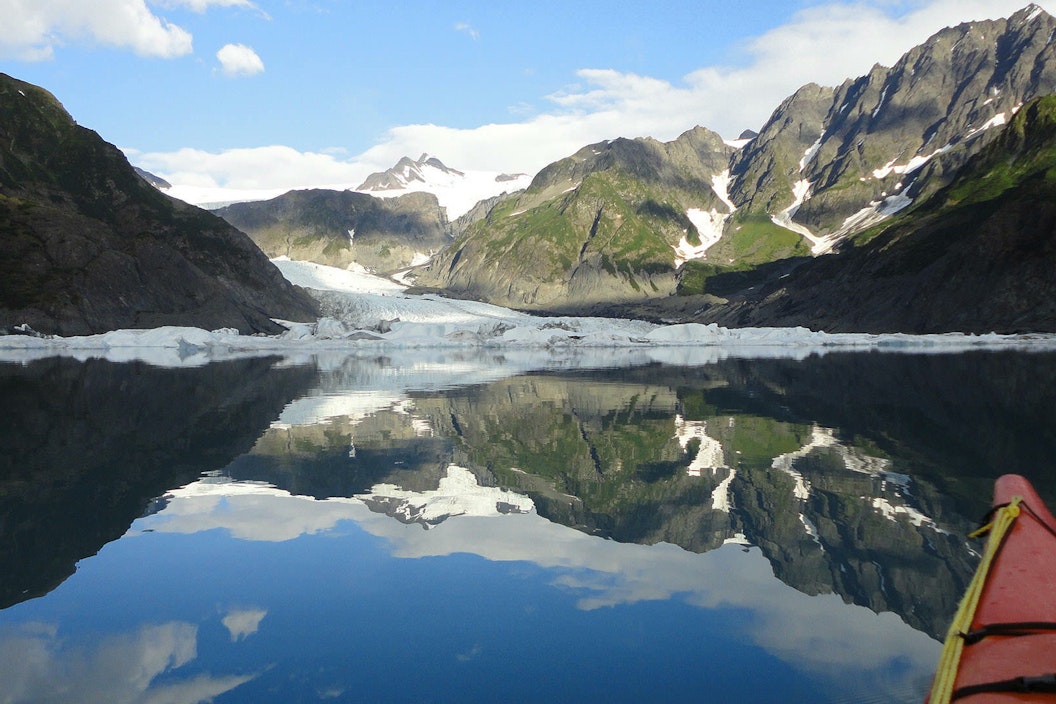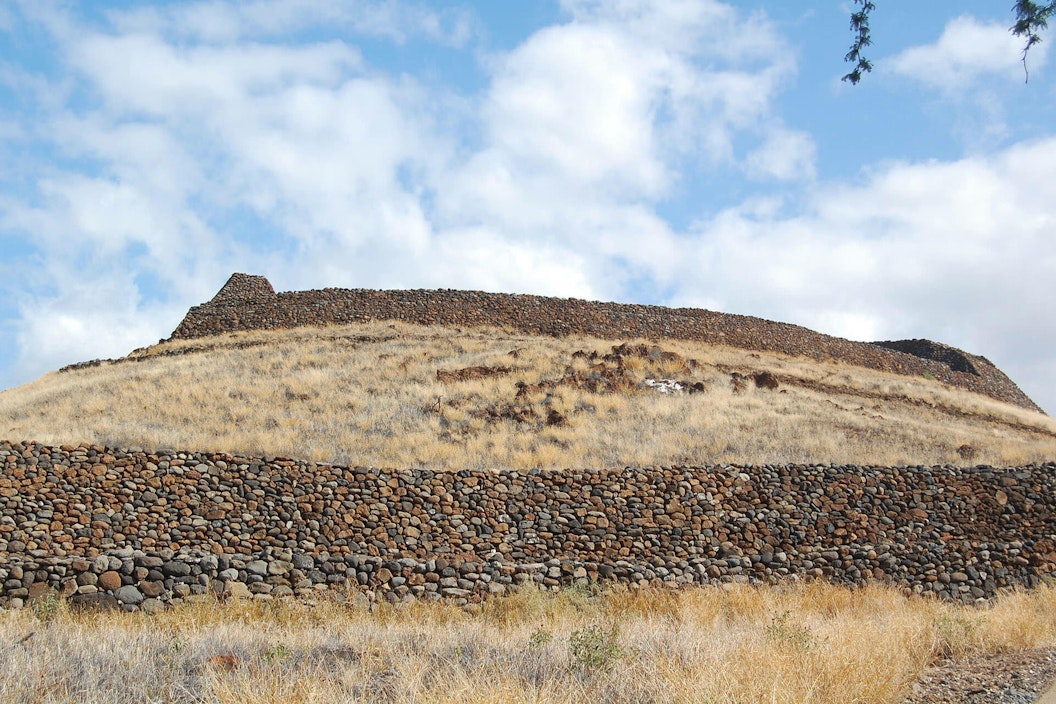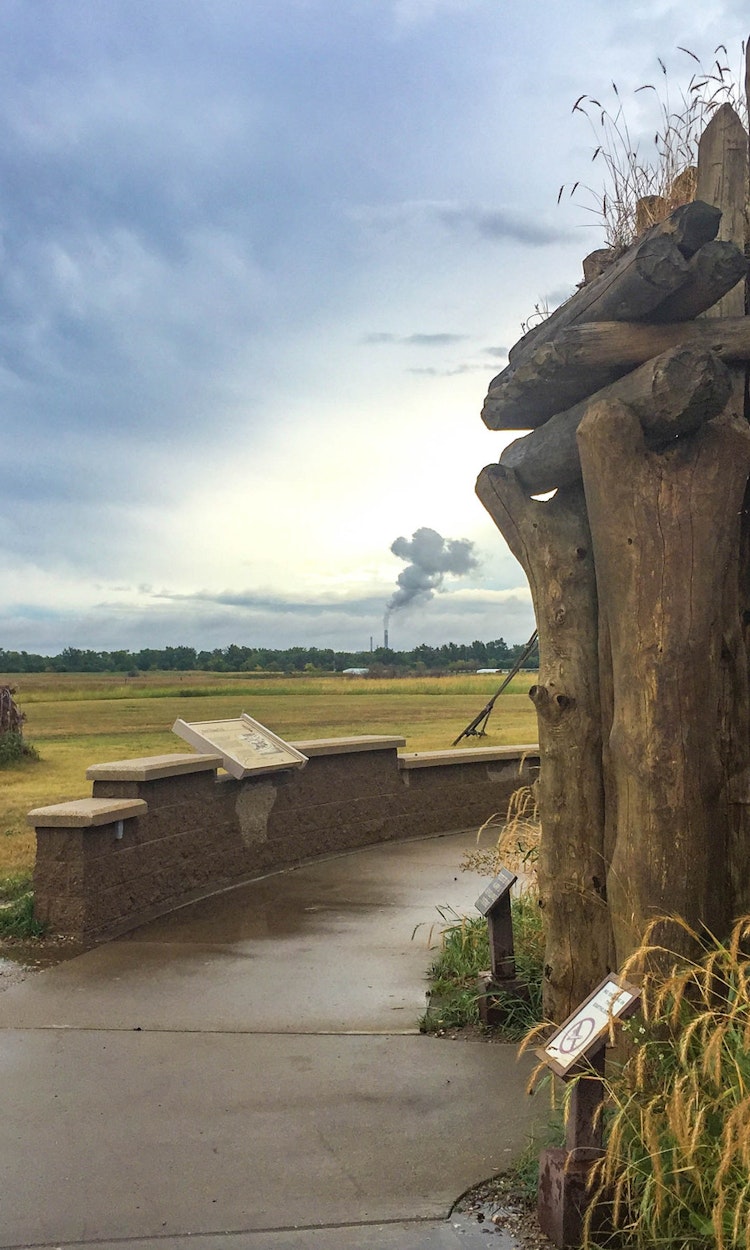
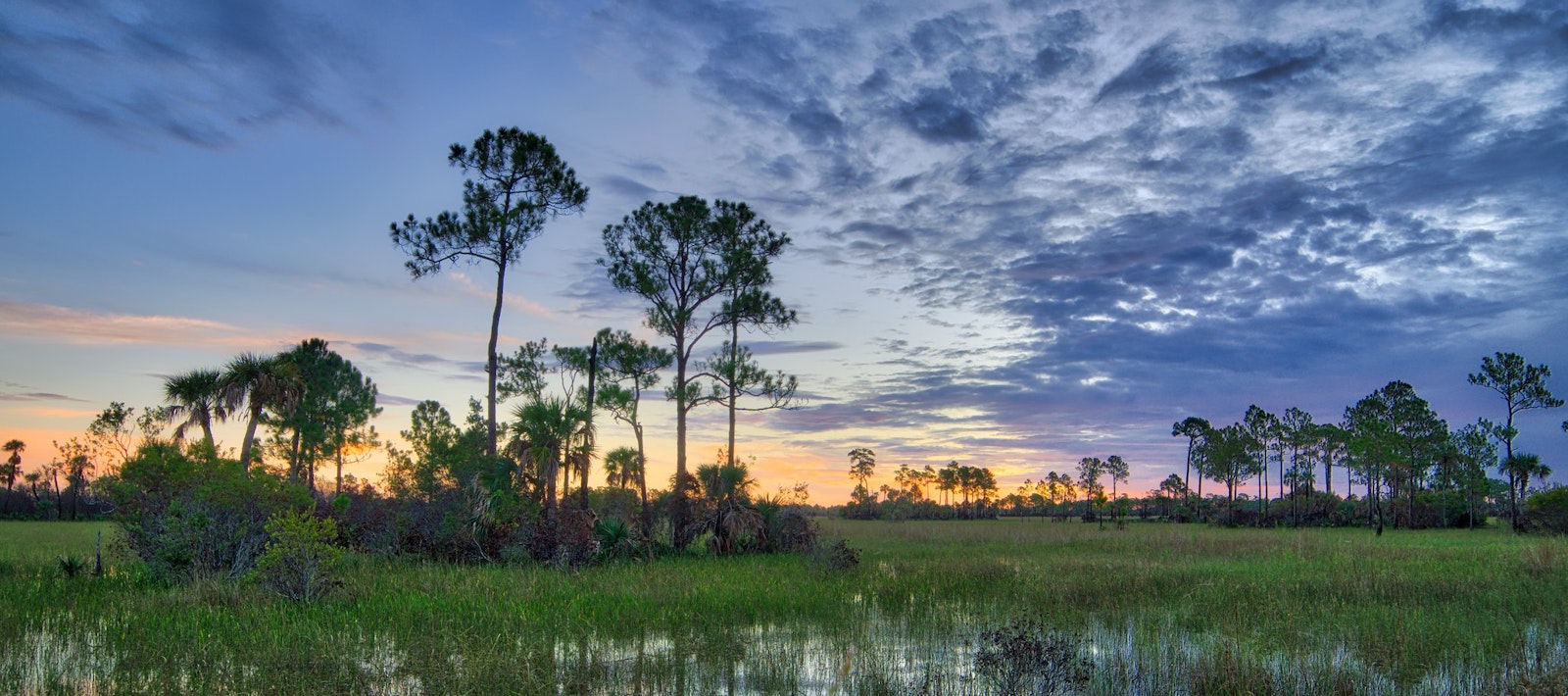
.
.
The National Park Foundation (NPF) is supporting the National Park Service’s (NPS) ongoing commitment to working effectively with Native American tribes by funding an NPS training on engaging in tribal consultation.
The Pathway to Confidence: Engaging in Effective Tribal Consultation training is designed to help NPS managers responsible for tribal consultation better understand the process and more effectively implement the government-to-government work with local tribes.
More than 100 NPS managers will participate in the training in 2023 through three sessions at Big Cypress National Preserve in Florida, Kenai Fjords National Park in Alaska, and Pu'ukoholā Heiau National Historic Site in Hawaii. NPS plans to continue the program beyond this year so all NPS regions can benefit.
Tribal Consultation at NPS
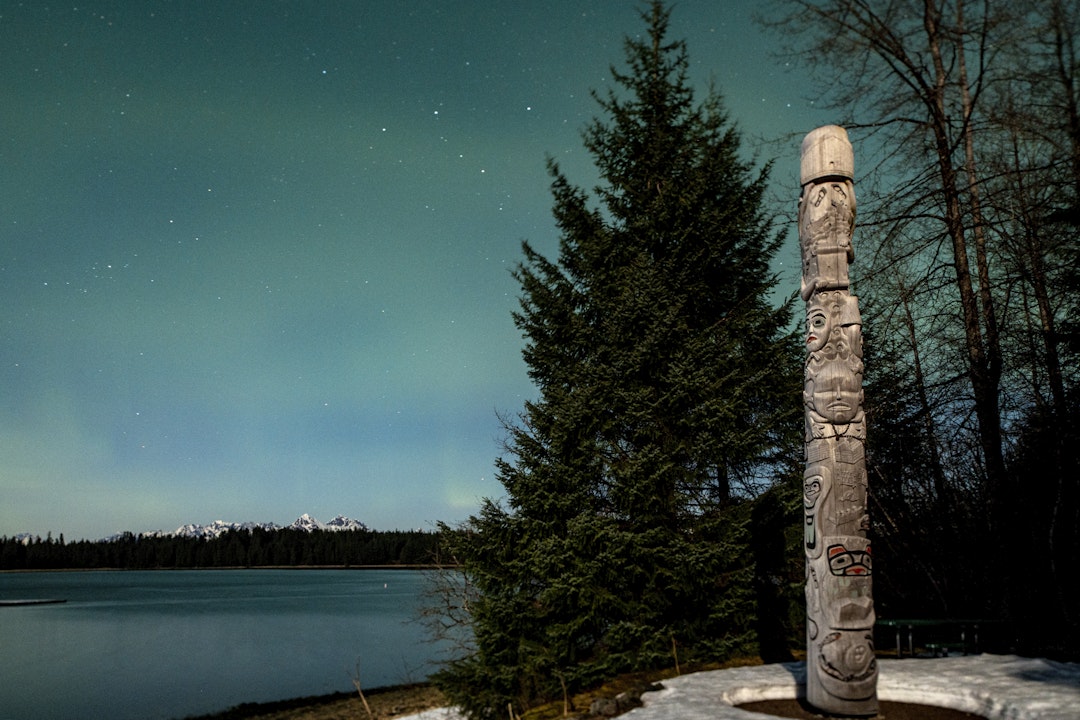
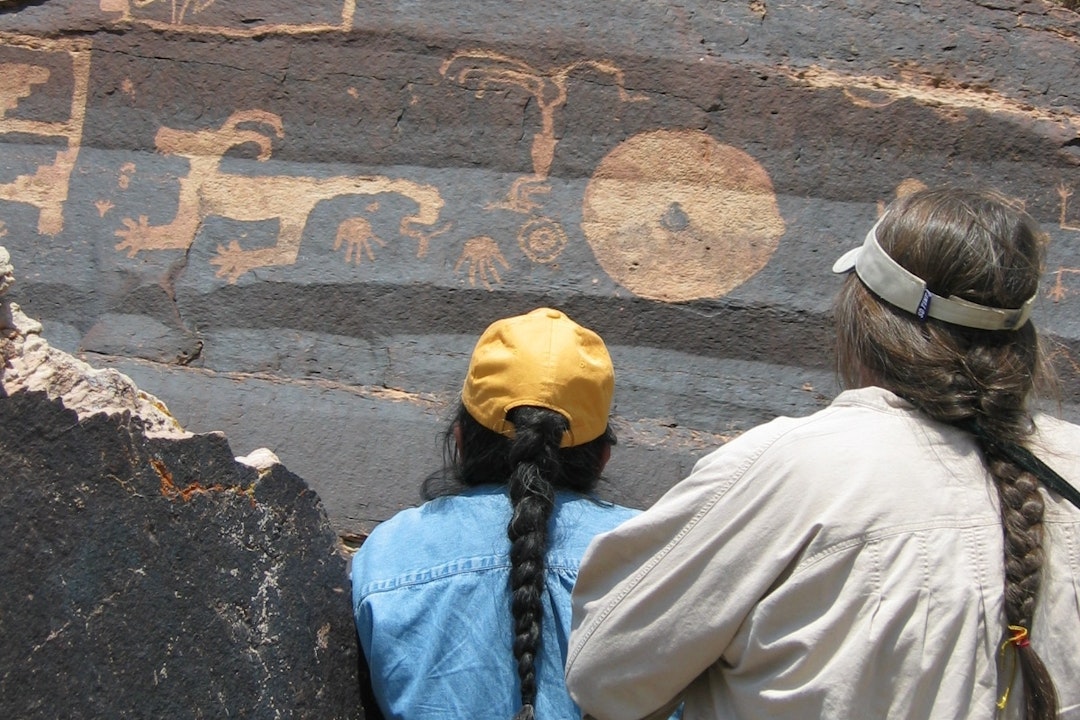
NPS works with Federally Recognized Tribes, Native Hawaiian Organizations, and Alaska Native Tribal Nations through regular, meaningful consultation and collaboration. Park units must conduct government-to-government consultations with federally-recognized tribes when embarking on federal action that may directly impact tribes or tribal lands, and park staff bring tribal officials into the planning process and work with tribal partners who may have ancestral homelands within the park unit.
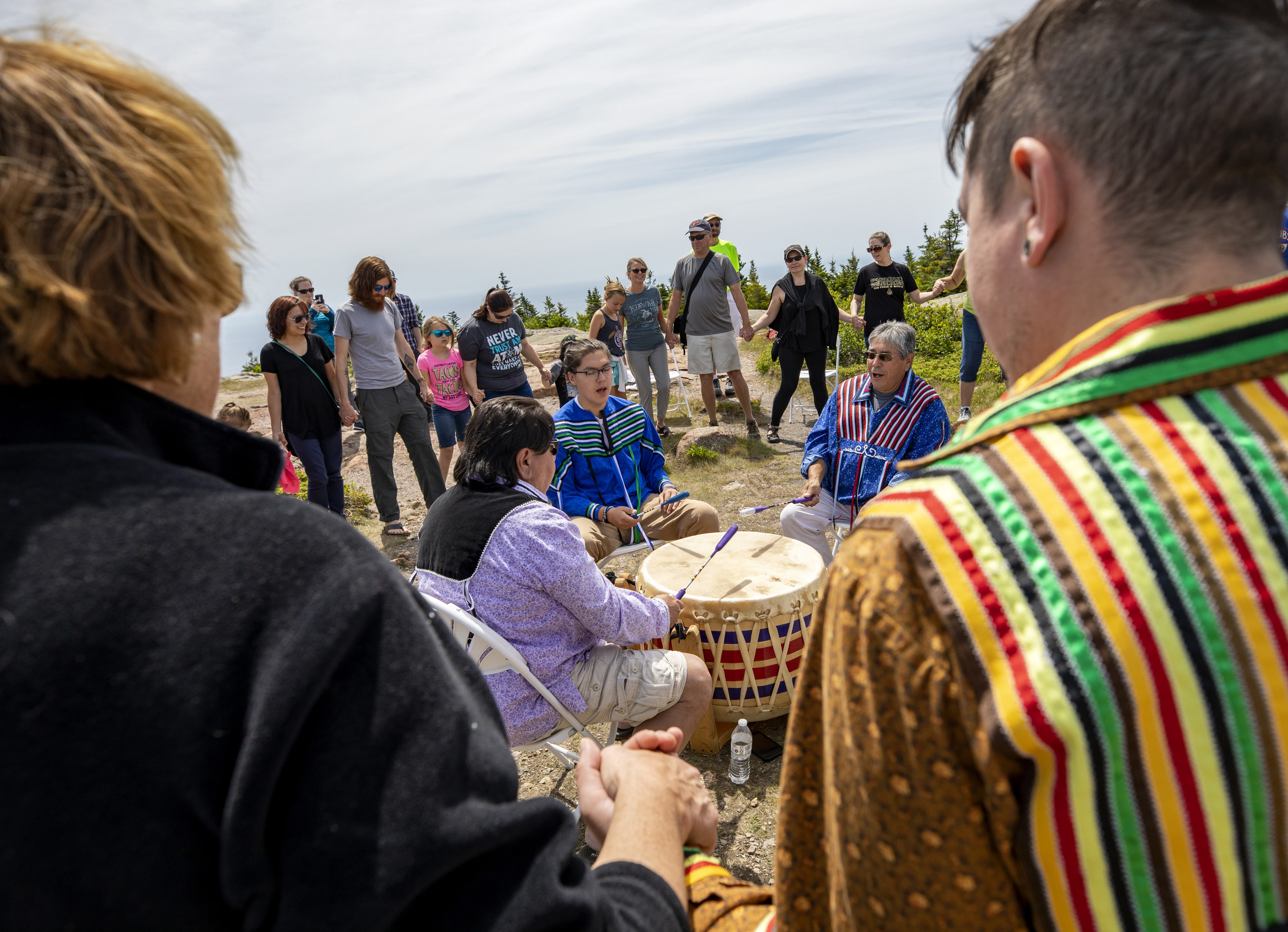
The consultation process helps to build collaborative partnerships with tribal nations and ensure tribes are involved in decisions that impact their communities, such as issues around land and sacred sites, among others. Tribal consultation is an important way NPS includes tribal input in its decision-making.
During fiscal years 2018-2019, NPS participated in more than 3,500 tribal consultations with more than 270 tribes and Alaska Native Villages. NPS managers engaged with tribal liaisons, plus Native Hawaiian organizations and Pacific Islander communities, across regions, parks, and programs when making decisions with tribal implications.
Confident and Informed Consultation
The training will cover everything from starting a tribal consultation program at a park to studying challenging case studies to boost confidence in engaging in tribal consultation.
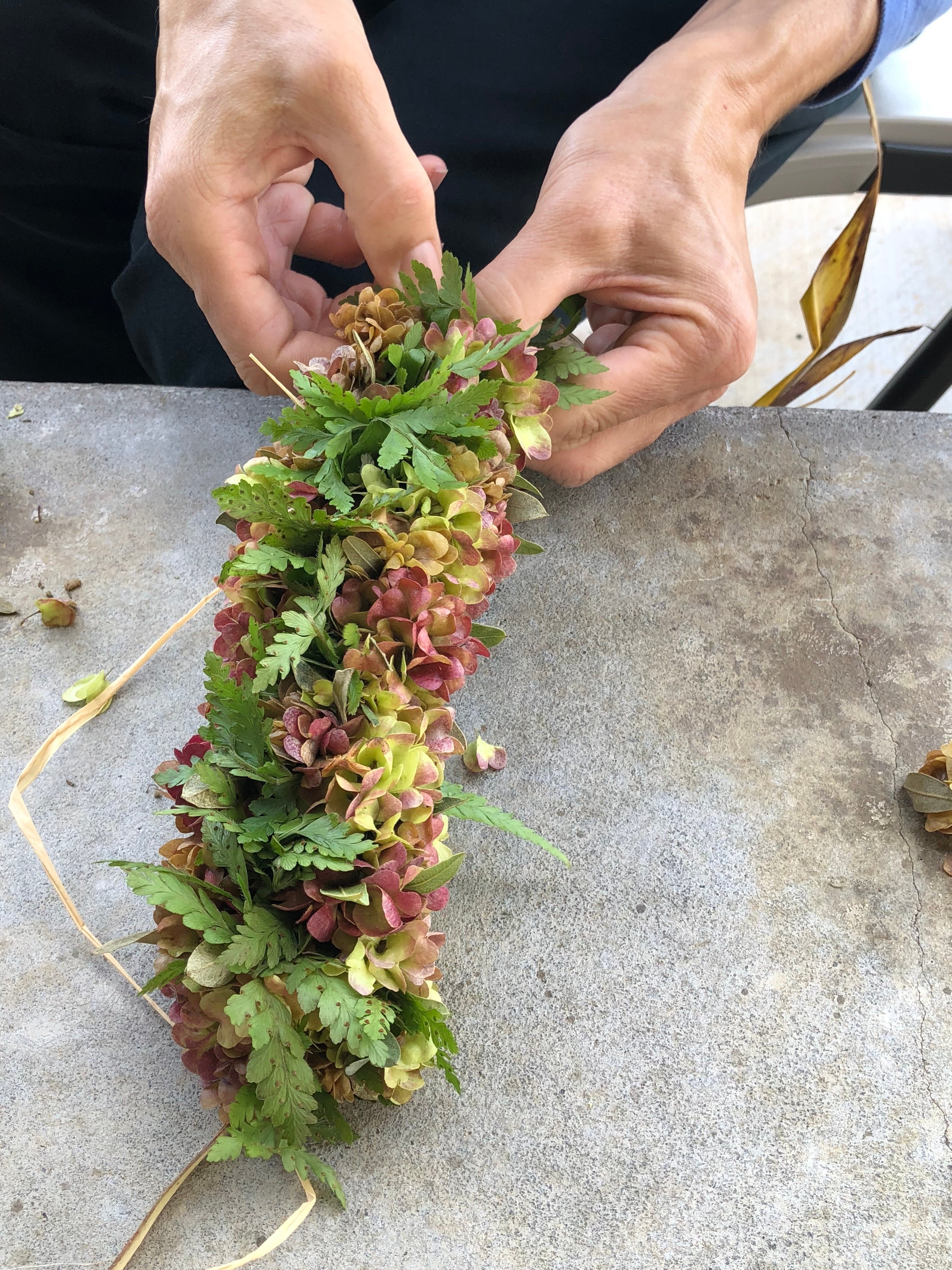
Managers will come away with an understanding of the significance of park lands and resources for Federally Recognized Tribes and Native Hawaiian Organizations, the commonalities between Indigenous Knowledge and NPS’s mission of preserving and protecting cultural and natural resources, and tribal cultures more broadly. Training participants visit a site or project where tribal partners are active in decision making or management as part of the program.
They will gain knowledge in how to collaboratively plan and implement tribal consultations and will create personalized guidebooks on best practices, funding strategies, timelines, and relationship-building with tribal partners.
After the training, NPS staff should ultimately have increased confidence in developing collaborative relationships with Federally Recognized Tribes and Native Hawaiian Organizations and see themselves as experts in nation-to-nation consultation.
NPF’s support of over $200,000 for the 2023 trainings will help fund travel expenses for instructors, honoraria for tribal partners serving as panelists, and other program needs. The training combines online learning, live webinars, and in-person sessions taught and facilitated by indigenous NPS employees.
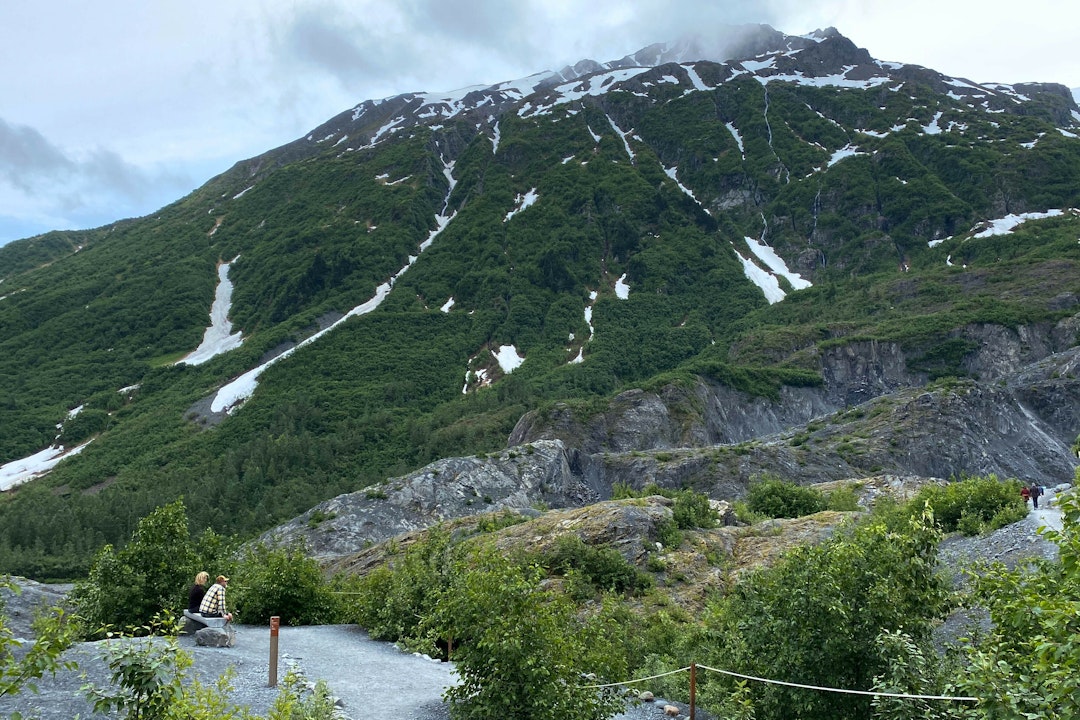
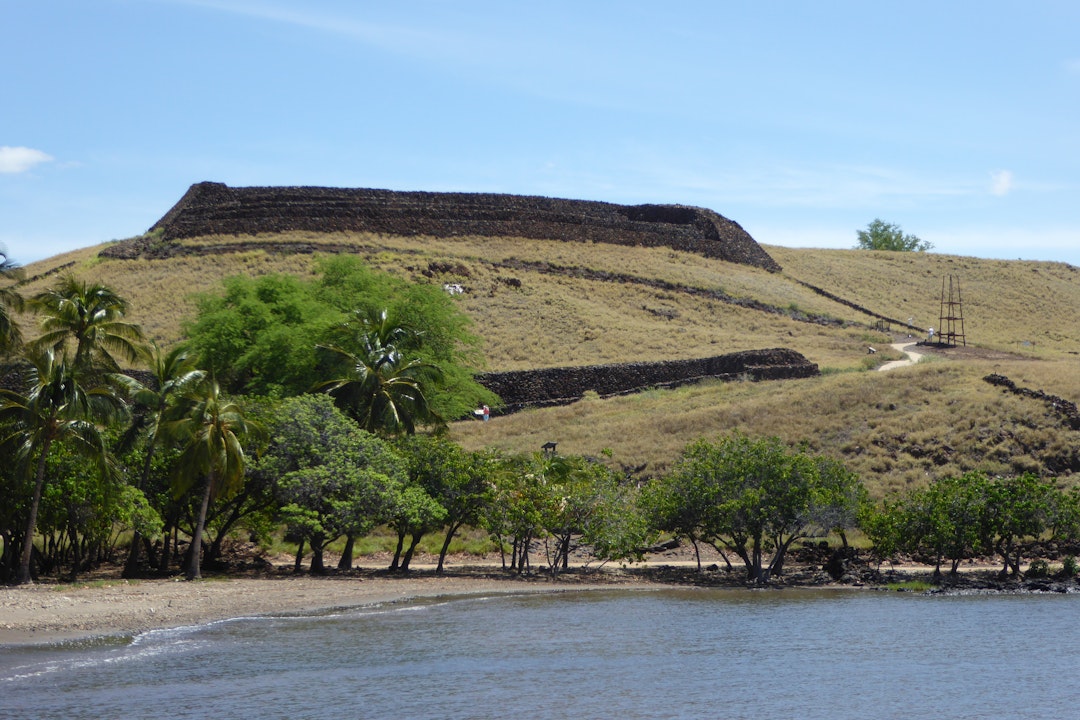
The NPS Office of Native American Affairs, the NPS tribal employee resource group CIRCLE, and the NPS Resources Training Program will run the trainings and are collaborating with the three park sites and local tribal and Native Hawaiian partners, including by having tribal partners participate. The work aligns with key priorities set forth by President Joe Biden, Secretary of the Interior Deb Haaland, and NPS Director Chuck Sams.
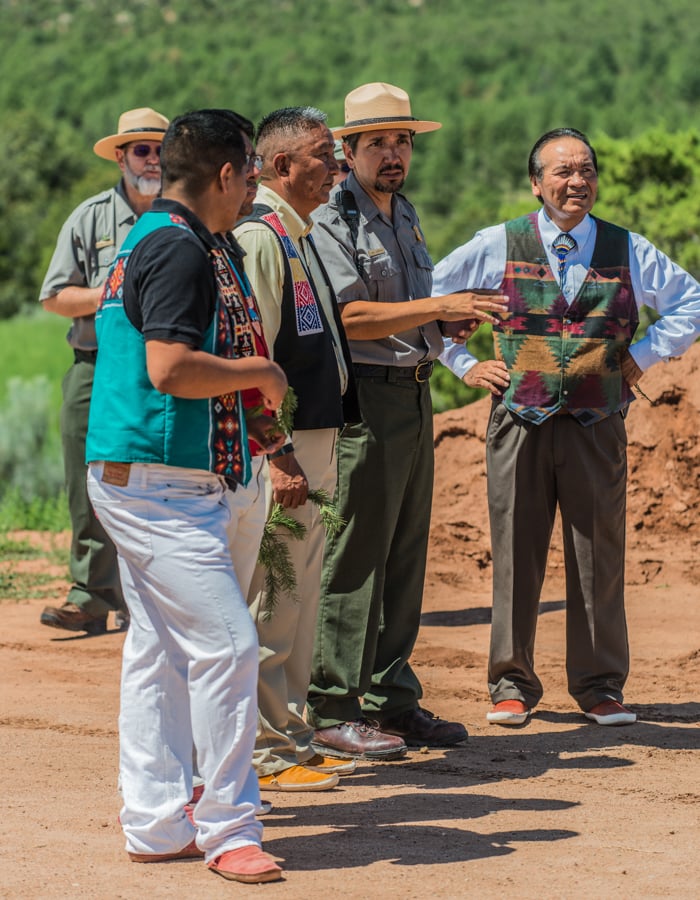
In 2022, NPF supported a similar NPS training at Apostle Islands National Lakeshore in Wisconsin, which convened 30 participants from parks and programs across the Midwest Region. The all-indigenous group of employees and local tribal partners led discussions about growing tribal relationships and implementing effective tribal consultation.
NPF is committed to helping NPS strengthen relationships with sovereign tribes and increase collaboration between tribes and national parks. NPF also seeks to incorporate more native voices in park storytelling and history, provide opportunity for learning from tribal relationships with park land, and engage more Native American individuals with local parks.
Learn more about NPF’s Native American Fund and how its wide-ranging work supports NPF’s broader History & Culture area of work aimed at sharing inclusive perspectives to gain insight into the past and America today.
Related Programs
-
 Native American Fund
Native American Fund

